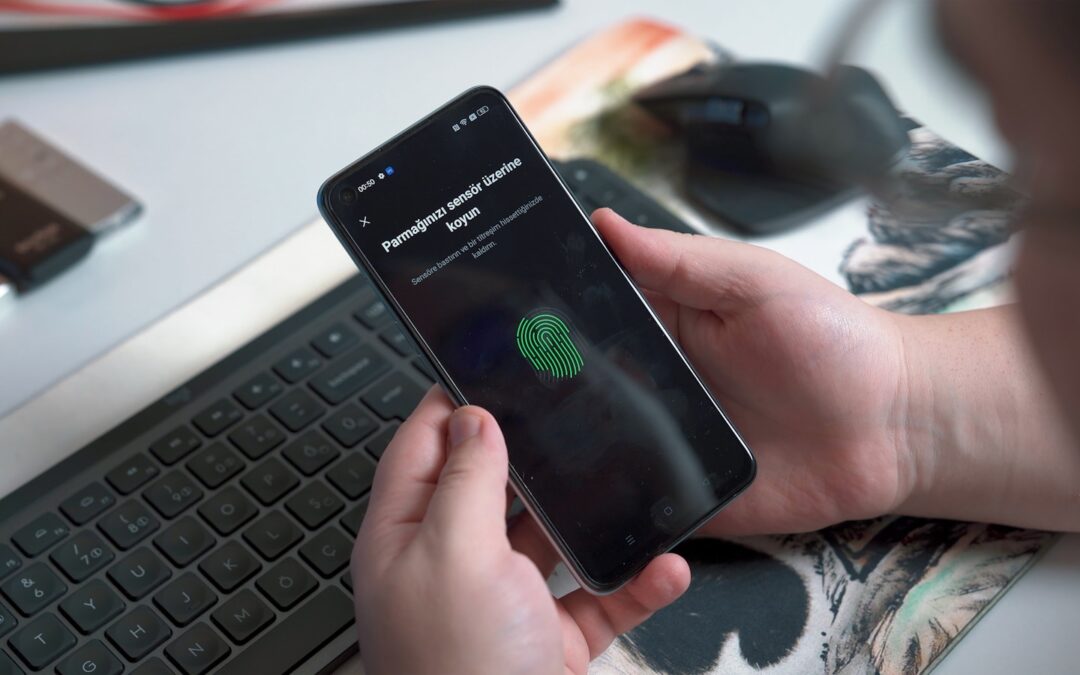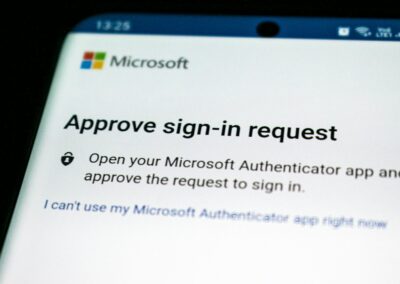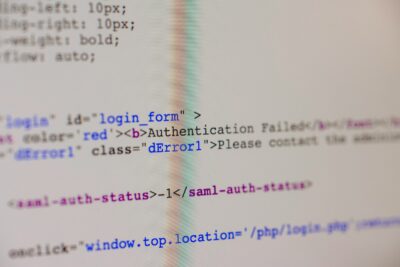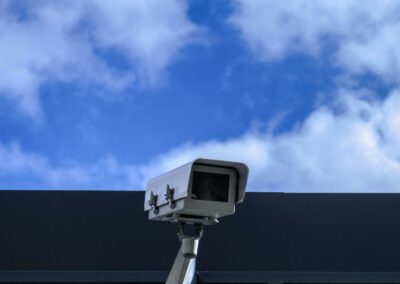Securing the Future of Virtual Worlds with Biometric Technology
Understanding the Role of Biometric Authentication in the Metaverse
Biometric authentication is increasingly being recognized as a crucial component for ensuring secure and personalized access within the metaverse. As virtual worlds become more integrated into our daily lives, particularly in tech-savvy regions like Saudi Arabia and the UAE, the need for robust security measures is paramount. Biometric authentication, which uses unique biological traits such as fingerprints, facial recognition, and voice patterns, offers a high level of security by ensuring that only authorized individuals can access certain areas or functions within the metaverse.
The integration of biometric authentication in the metaverse is not just about security; it also enhances user experience by providing personalized access. For example, biometric systems can tailor virtual environments to individual users based on their preferences and past interactions. This level of personalization is crucial for businesses operating in Riyadh and Dubai, where customer experience is a significant differentiator in the competitive market.
However, the implementation of biometric authentication in the metaverse comes with its own set of challenges. Issues related to privacy, data security, and user acceptance must be addressed to ensure successful deployment. As we delve deeper into the potential and challenges of biometric authentication, it becomes evident that a balanced approach is necessary to harness its benefits while mitigating its risks.
Challenges in Implementing Biometric Authentication in the Metaverse
One of the primary challenges in implementing biometric authentication in the metaverse is ensuring the privacy and security of biometric data. Unlike passwords or PINs, biometric data cannot be easily changed if compromised. Therefore, it is crucial to employ advanced encryption techniques to protect this sensitive information. In regions like Saudi Arabia and the UAE, where digital transformation is rapidly advancing, maintaining the highest standards of data security is essential to gain public trust and compliance with regulations.
Another challenge is the potential for biometric systems to be spoofed or bypassed. Although biometric authentication is generally more secure than traditional methods, it is not foolproof. For instance, high-quality images can sometimes deceive facial recognition systems. To mitigate this risk, multi-factor authentication combining biometrics with other security measures, such as tokens or passwords, can be implemented. This layered approach enhances security by requiring multiple forms of verification before granting access.
User acceptance is another critical factor. While many people appreciate the convenience of biometric authentication, concerns about privacy and the misuse of biometric data can hinder widespread adoption. Educating users about the benefits and security measures associated with biometric systems is essential. In business hubs like Riyadh and Dubai, where innovation is key, fostering a culture of trust and transparency around new technologies will be crucial for their successful implementation.
Solutions for Overcoming Implementation Challenges
To address the challenges of implementing biometric authentication in the metaverse, several solutions can be considered. First and foremost, robust encryption and data protection measures must be in place. Using advanced cryptographic techniques to store and transmit biometric data can significantly reduce the risk of data breaches. Additionally, employing decentralized storage solutions, such as blockchain, can enhance security by distributing data across multiple nodes, making it more difficult for attackers to compromise the system.
Incorporating multi-factor authentication (MFA) is another effective solution. By combining biometrics with other authentication methods, MFA adds an extra layer of security, making it more challenging for unauthorized users to gain access. For example, users could be required to verify their identity through a biometric scan and a one-time password sent to their mobile device. This approach not only improves security but also provides users with multiple options for verifying their identity, enhancing overall user experience.
Educating users about the benefits and security of biometric authentication is crucial for gaining acceptance. Conducting awareness campaigns and providing clear, transparent information about how biometric data is collected, stored, and used can help alleviate privacy concerns. In regions like Saudi Arabia and the UAE, where digital literacy is high, leveraging educational initiatives can foster a positive attitude towards biometric technologies and encourage their adoption in the metaverse.
The Future of Biometric Authentication in the Metaverse
Advancements in AI and Machine Learning
The integration of artificial intelligence (AI) and machine learning (ML) with biometric authentication systems is set to revolutionize security in the metaverse. AI and ML can enhance the accuracy and reliability of biometric systems by continuously learning from user interactions and improving their algorithms. For instance, AI-powered facial recognition can adapt to changes in a user’s appearance over time, reducing false rejections and improving user experience.
Moreover, AI and ML can be used to detect and prevent fraudulent activities in real-time. By analyzing patterns and anomalies in biometric data, these technologies can identify potential threats and take proactive measures to mitigate them. In dynamic business environments like Riyadh and Dubai, where security threats are constantly evolving, leveraging AI and ML can provide a robust defense mechanism against cyberattacks and unauthorized access.
Blockchain and Biometric Authentication
Blockchain technology offers promising solutions for enhancing the security and transparency of biometric authentication systems in the metaverse. By decentralizing data storage, blockchain ensures that biometric data is not held in a single location, reducing the risk of data breaches. Additionally, blockchain’s immutable ledger can provide a transparent record of all access attempts, making it easier to detect and investigate suspicious activities.
Incorporating blockchain with biometric authentication can also facilitate secure data sharing among different entities in the metaverse. For instance, users could have a unified digital identity that allows them to access various services across different platforms securely. This interoperability is particularly beneficial in regions like Saudi Arabia and the UAE, where cross-border digital collaboration is essential for economic growth.
Executive Coaching and Leadership in Implementing Biometric Solutions
Successful implementation of biometric authentication in the metaverse requires strong leadership and strategic vision. Executive coaching can play a vital role in developing leaders who are capable of navigating the complexities of this emerging technology. By providing leaders with the skills and knowledge needed to manage biometric projects, executive coaching ensures that organizations can effectively integrate these systems into their operations.
Leadership development programs can also promote a culture of innovation and security awareness within organizations. By fostering a proactive approach to risk management and encouraging continuous learning, these programs can help businesses stay ahead of security threats and leverage the full potential of biometric technologies. In fast-paced markets like Riyadh and Dubai, where technological innovation is a key driver of business success, strong leadership is essential for maintaining a competitive edge.
In conclusion, implementing biometric authentication in the metaverse presents both challenges and opportunities. By addressing privacy and security concerns, leveraging advanced technologies like AI and blockchain, and investing in leadership development, organizations can harness the benefits of biometric systems to enhance security and user experience. In regions like Saudi Arabia and the UAE, where digital transformation is rapidly progressing, biometric authentication can play a pivotal role in shaping the future of secure and personalized access in the metaverse.
#BiometricAuthentication #MetaverseSecurity #PersonalizedAccess #Cybersecurity #SaudiArabia #UAE #Riyadh #Dubai #ArtificialIntelligence #Blockchain #ExecutiveCoaching #GenerativeAI #ModernTechnology #BusinessSuccess #LeadershipSkills #ManagementSkills #ProjectManagement























